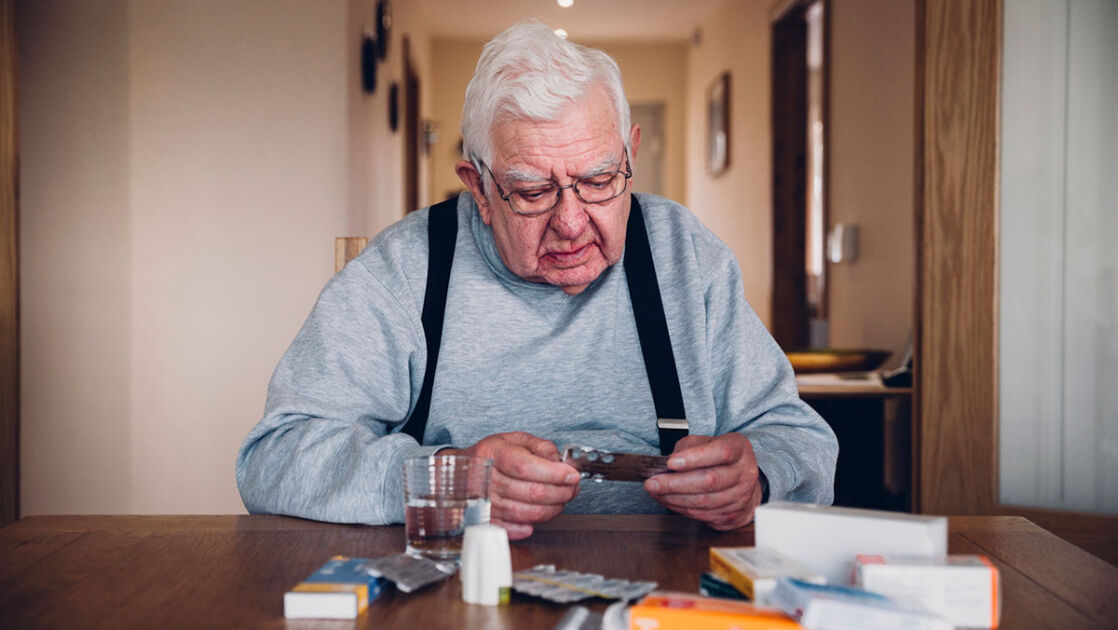Scenario
by Juliette Mathie, Practice Nurse
I have been monitoring a 63-year-old man who has type 2 diabetes, hypertension and a BMI of 38 kg/m2. He has tried to lose weight, unsuccessfully, and we have had to recently stop his metformin owing to a deteriorating estimated glomerular filtration rate. He has gained weight on a sulphonylurea but continues to take it.
A diabetes nurse specialist and I have reviewed him in the outreach clinic and agreed that a glucagon-like peptide-1 (GLP-1) receptor agonist would be suitable.
When I spoke to this man’s GP, I was told that the surgery had no experience using GLP-1 receptor agonists and that they are too expensive.
Being automatically told that a drug is expensive can be frustrating and is not uncommon in primary care.
Ethical discussion of the scenario
by Chris Elfes, GP
We would all recognise this as a common scenario that understandably can cause upset if it is not openly discussed and a negotiated management plan not jointly agreed.
The patient, nurse and GP all have their own rights to express an opinion. The patient has the right to appropriate NHS treatment and, if alternatives are not available, then cost should not be the sole determinant of the decision. The practice nurse has the right to his or her own professional opinion, as does the GP.
Both the GP and practice nurse need to ensure that they provide care that is intended to improve this person’s health, and both have a responsibility to do no harm. If the GP has no experience of prescribing a drug that is available to NHS patients and not restricted to secondary care use only, they should not prescribe it until they have satisfied themselves about the indications, contraindications and side effects. Have any risks been communicated to this person? The GP has to remember that by signing a prescription, he or she is taking responsibility for this treatment.
Equally, it is correct to revisit whether concordance and simpler options have been appropriately explored. What is a “good enough” treatment?
Ideally, all three people involved in this situation should take the costs to society into account (i.e. a higher cost prescription) and balance this against the higher cost of uncontrolled diabetes and its complications. In reality, it is the two healthcare professionals who will be most aware of the prescribing costs.
As always, there is a need to discuss the alternative medical options, local or national guidance, and any implications of these and then reach a mutual decision. This takes time but creates an atmosphere of shared care and will increase the trust between healthcare workers.
If the GP has less knowledge of the clinical area than the practice nurse does, as is the case here, that health professional should either be proactive about his or her personal learning need or be certain that such decisions can be delegated to a better-informed colleague.
Ethical principles covered
- Autonomy (the rights of an individual)
- Beneficence (to do good)
- Non-maleficence (to do no harm)
- Social justice (to balance the needs of all)
These “four pillars” or “4 Ps” form the basic components of traditional ethical teaching in medical schools, serving as fundamental principles and helping provide a basic structure for ethical reasoning.
Using this model alone will encourage you to look at a problem from a variety of (usually) contrasting viewpoints, all of which are justifiable. If one justifiable view does not significantly outweigh the others, the conflicting conclusions can mean that uncertainty or a stand-off between proponents prevails.





Primary care has the potential to prevent up to 45% of the population attributable risk of dementia.
17 Sep 2024